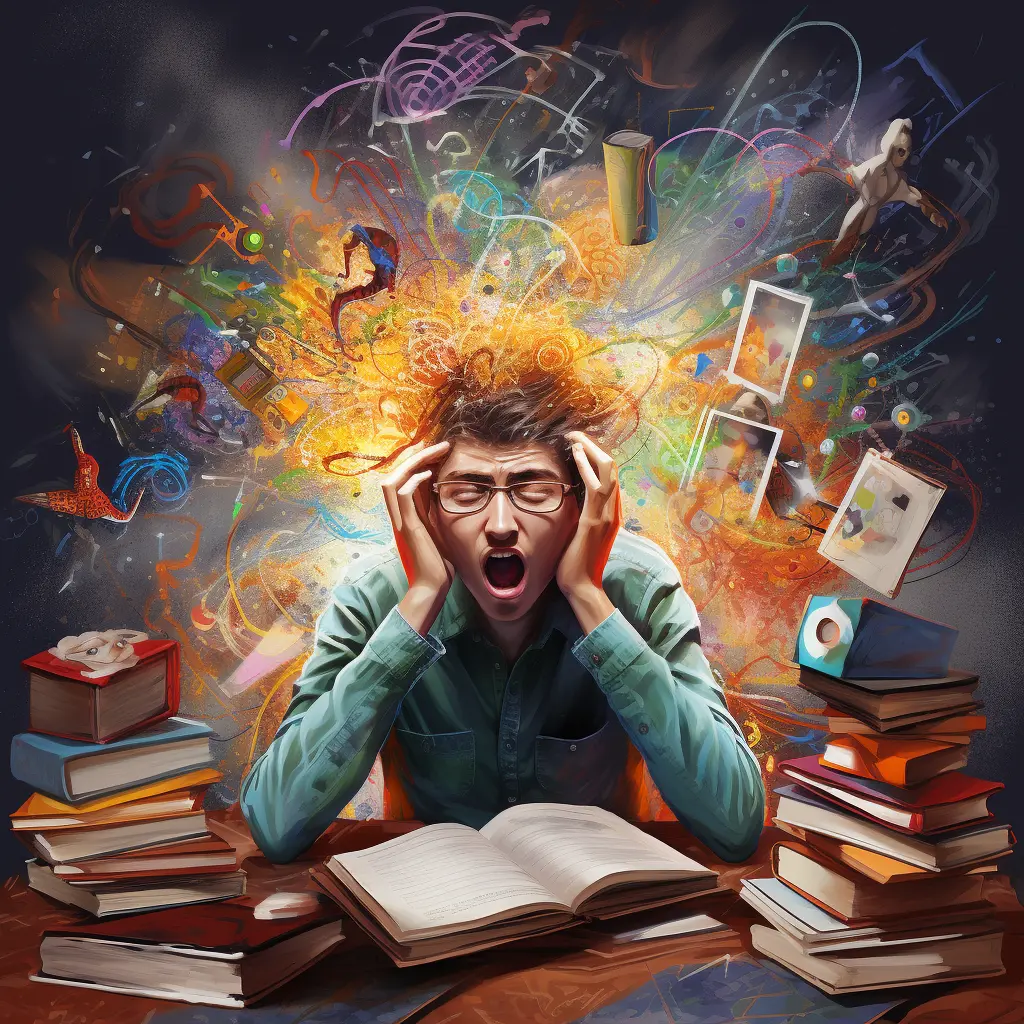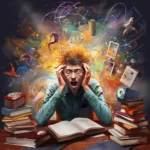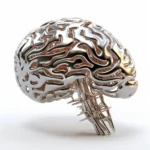Attention Deficit Hyperactivity Disorder (ADHD) presents daily challenges due to its effects on focus, organization, time perception, and impulse control. But various lifestyle strategies and tools can help individuals with ADHD better manage symptoms, boost productivity, and tap into their strengths. Here are practical tips for coping with adult ADHD:
Create Task Checklists – Break larger tasks into clear step-by-step checklists. Crossing off completed items gives a sense of progress and dopamine boost. Rank items by urgency to prioritize the most critical activities.
Use Planners and Reminders – Physical planners or digital calendars with alerts are invaluable for tracking appointments, plans, and deadlines. Sync all devices to shared calendars to never miss an entry. Set reminders ahead of time to accommodate ADHD time blindness.
Tackle Small Tasks Immediately – Always deal with any task under 2-3 minutes immediately rather than putting it off. Saying “I’ll do it later” often leads to forgetting due to ADHD distraction tendencies. Quick task completion gives a sense of accomplishment.
Allow More Time – People with ADHD frequently underestimate how long activities will take. Build in 30-50% more time for assignments and travel to avoid chronically running late. Timers can also help combat ADHD time distortions.
Minimize Distractions – Identify and regulate common distractors like electronics, noisy environments, and interruptions. Use apps to selectively block tempting websites and apps during work. Noise-cancelling headphones silence disruptions.
Leverage Hyperfocus Abilities – Harness hyperfocus tendencies for productivity by matching activities with innate interests whenever possible. For tedious tasks, use timers and breaks to force focus.
Try Memory Aids – Use checklists, voice memos, labels and visual reminders to compensate for forgetfulness and inattention. Smart speakers provide customizable verbal reminders and lists.
Practice Mindfulness – Meditation and mindfulness exercises train focusing on the present moment versus spiraling thoughts. Yoga improves emotional regulation and reduces impulsiveness.
Embrace Physical Activity – Exercise and movement outlets help channel excess energy and stimulate neurotransmitters that boost focus and mood. Build in both structured exercise and regular short activity breaks.
Maintain Organization Systems – Use apps, labels, baskets, and trays to establish consistent homes for everyday items. Keep work and living spaces structured yet flexible enough to match changing needs.
Though ADHD presents very real neurological challenges, implementing personalized strategies minimizes hardship while unleashing strengths. With the right adaptations, those with ADHD can thrive and excel both personally and professionally.



